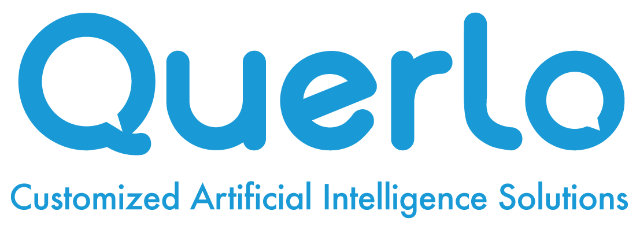On Thursday, May 21, Francesco Rulli, Global CEO of Querlo, had an engaging and inspiring conversation with Lorraine Parker-Clegg, a Global Human Resources Executive. They explored their views on what they think the world will need to face in the post-COVID era, from both a business and a personal perspective.
Lorraine, like many others, predicts that there will be a substantial increase in the number of people who work remotely. She also expressed that this shift will bring about a broad set of challenges and that it is important to ensure that “execution excellence isn’t lost.” This creates an opportunity to better prepare everyone in a company, particularly managers, for the next set of challenges they will face. Managers are constantly finding themselves in situations where it is difficult for them to meet the demands and questions of those they are working with, not because they themselves are not good at their jobs, but because they were not trained to deal with the specific challenges they face. Lorraine states that she believes a solution to this issue is that in the coming months, we have to work especially hard at adequately training managers and other employees so that they can work effectively during this time of struggle.
In their conversation, Francesco and Lorraine also discussed the role technology will play in helping people and companies overcome challenges in the post-COVID era. They discussed that it is extremely important that every person in a certain company knows how to use the technology that they need to in order to succeed at working remotely. Without ensuring this, companies will be less effective and cogent as a team. Lorraine also brought up a very important point that people are still learning how to trust technology. People are learning to trust that a piece of technology such as a chatbot, for example, would be able to “do the right thing.” In order to initiate this trust, companies such as Querlo who are building Digital Assistants must work hard to ensure that their technology will produce the right outcome if a person relies on it for support. Lorraine importantly added that tas part of this trust process, Digital Assistants need to incorporate aspects of inclusion and diversity that companies had worked toward in an in-person setting. She stated that while all of this seems somewhat complicated, one of the most important factors in establishing trust between people and AI systems is that the systems are easy to use.
Although figuring out the most effective way to work remotely for different companies will be complicated and may take some time, Lorraine closed by saying that she believes we will eventually find the right balance between human interaction and technology assistance, and that AI will be able to help save time and energy as we figure this balance out.




